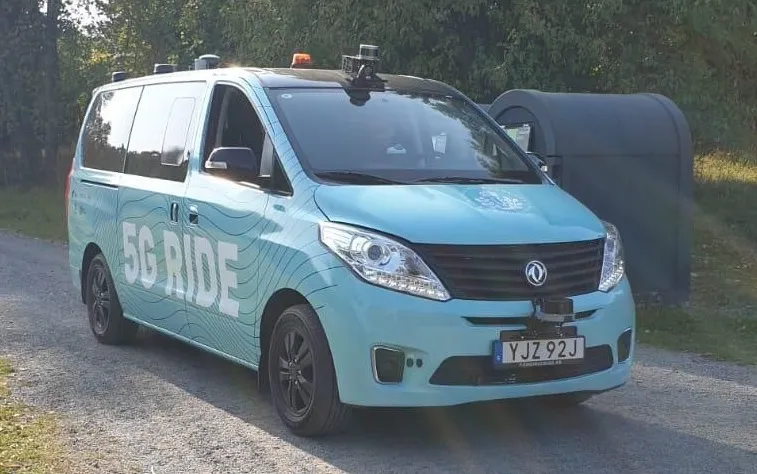
Keolis and its partners are using 5G technology to remotely control an autonomous, electric minibus operating at Royal Djurgården, a tourist destination in Stockholm, Sweden.
Keolis says the pilot is exploring how a system with a 5G-connected vehicle, monitored by a control tower remotely, can facilitate the safe introduction of autonomous electric buses in more complex urban areas.
According to Keolis, this system can improve route planning and traffic flows as well as reduce operational costs and pollution.
The 5G network combines high data speeds with low latency, which Keolis insists will allow the connected bus to respond in real-time to commands from the centralised control tower.
The minibus is operating along a 1.6 km route that serves the National Museum of Science and Technology, plus the Maritime, Nordic and Vasa museums.
Ericsson is providing the technology for the connected control tower as well as 5G connectivity in collaboration with telecommunications company Telia.
Intel is delivering processing power to the IT system in the vehicles and the control tower as well as the mobile network.
Swedish technology firm T-engineering is providing the vehicle equipped with autonomous technology. It features seven seats and will drive at a maximum speed of 18km/h.
Commercial services run from Monday to Friday between 8.00 am and 10.00 am and 2.00 pm and 4.00 pm. A safety driver is present in the vehicle at all times.
The trial will conclude on 8 October and will continue in Kista Science City in Stockholm with the aim of piloting the vehicle from a control tower without an operator on board.
Kista is the research park of the KTH Royal Institute of Technology.
It is used by companies such as Ericsson and IBM as well as a range of start-ups and universities in the Swedish capital. Companies can also test 5G and Internet of Things technology at its Urban ICT Arena testbed.










